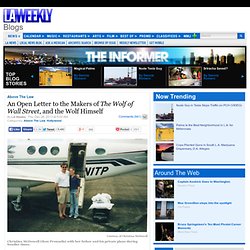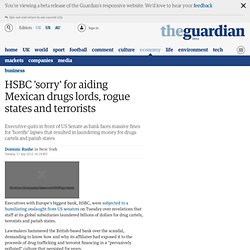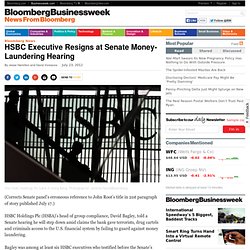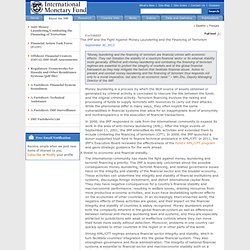

An Open Letter to the Makers of The Wolf of Wall Street, and the Wolf Himself. Click to enlarge Courtesy of Christina McDowell Christina McDowell (then Prousalis) with her father and his private plane during headier times.

I hate to be the bearer of bad news, dear Kings of Hollywood, but you have been conned. Let me introduce myself. My name is Christina McDowell, formerly Christina Prousalis. I am the daughter of Tom Prousalis, a man the Washington Post described as "just some guy on trial for penny-stock fraud. " And you, Jordan Belfort, Wall Street's self-described Wolf: You remember my father, right? But the record shows you and my father were in cahoots together with MVSI Inc. of Vienna, e-Net Inc. of Germantown, Md., Octagon Corp. of Arlington, Va., and Czech Industries Inc. of Washington, D.C., and so on - a list of seemingly innocuous, legitimate companies that stretches on.
See also: 10 Reasons the Real-Life Wolf of Street Is a Schmuck Who Shouldn't Be Trusted As an 18-year-old, I had no idea what was going on. Secrecy for Sale: Inside the Global Offshore Money Maze. HSBC’s grilling: What comes out in the wash. Standard Chartered and Iran: Banking for the bad guys. HSBC 'sorry' for aiding Mexican drugs lords, rogue states and terrorists. Executives with Europe's biggest bank, HSBC, were subjected to a humiliating onslaught from US senators on Tuesday over revelations that staff at its global subsidiaries laundered billions of dollars for drug cartels, terrorists and pariah states.

Lawmakers hammered the British-based bank over the scandal, demanding to know how and why its affiliates had exposed it to the proceeds of drug trafficking and terrorist financing in a "pervasively polluted" culture that persisted for years. A report compiled for the committee detailed how HSBC's subsidiaries transported billions of dollars of cash in armoured vehicles, cleared suspicious travellers' cheques worth billions, and allowed Mexican drug lords buy to planes with money laundered through Cayman Islands accounts.
Other subsidiaries moved money from Iran, Syria and other countries on US sanctions lists, and helped a Saudi bank linked to al-Qaida to shift money to the US. "Forget hindsight," said Levin. "No, senator," said Thurston. HSBC Executive Resigns at Senate Money-Laundering Hearing. (Corrects Senate panel’s erroneous reference to John Root’s title in 21st paragraph of story published July 17.)

HSBC Holdings Plc (HSBA)’s head of group compliance, David Bagley, told a Senate hearing he will step down amid claims the bank gave terrorists, drug cartels and criminals access to the U.S. financial system by failing to guard against money laundering. Bagley was among at least six HSBC executives who testified before the Senate’s Permanent Subcommittee on Investigations today after the panel released a 335-page report describing a decade of compliance failures by Europe’s biggest bank. London- based HSBC enabled drug lords to launder money in Mexico, did business with firms linked to terrorism and concealed transactions that bypassed U.S. sanctions against Iran, Senate investigators said in the report.
Irene Dorner, president and chief executive officer of HSBC North America Holdings Inc., was also among executives who appeared before the committee. Risk ‘Sinkhole’ U.S. Crime, Law and Social Change, Volume 37, Number 3. The IMF and the Fight Against Money Laundering and the Financing of Terrorism. Full text Factsheet The IMF and the Fight Against Money Laundering and the Financing of Terrorism September 30, 2013 "Money laundering and the financing of terrorism are financial crimes with economic effects.

They can threaten the stability of a country's financial sector or its external stability more generally. Money laundering is a process by which the illicit source of assets obtained or generated by criminal activity is concealed to obscure the link between the funds and the original criminal activity. In 2000, the IMF responded to calls from the international community to expand its work in the area of anti-money laundering (AML). A threat to economic and financial stability The international community has made the fight against money laundering and terrorist financing a priority. Strong AML/CFT regimes enhance financial sector integrity and stability, which in turn facilitate countries’ integration into the global financial system. The IMF’s role in AML/CFT efforts. Critical Reflections on Transnational Organized Crime, Money Laundering and ... - Margaret E. Beare - Google Books.